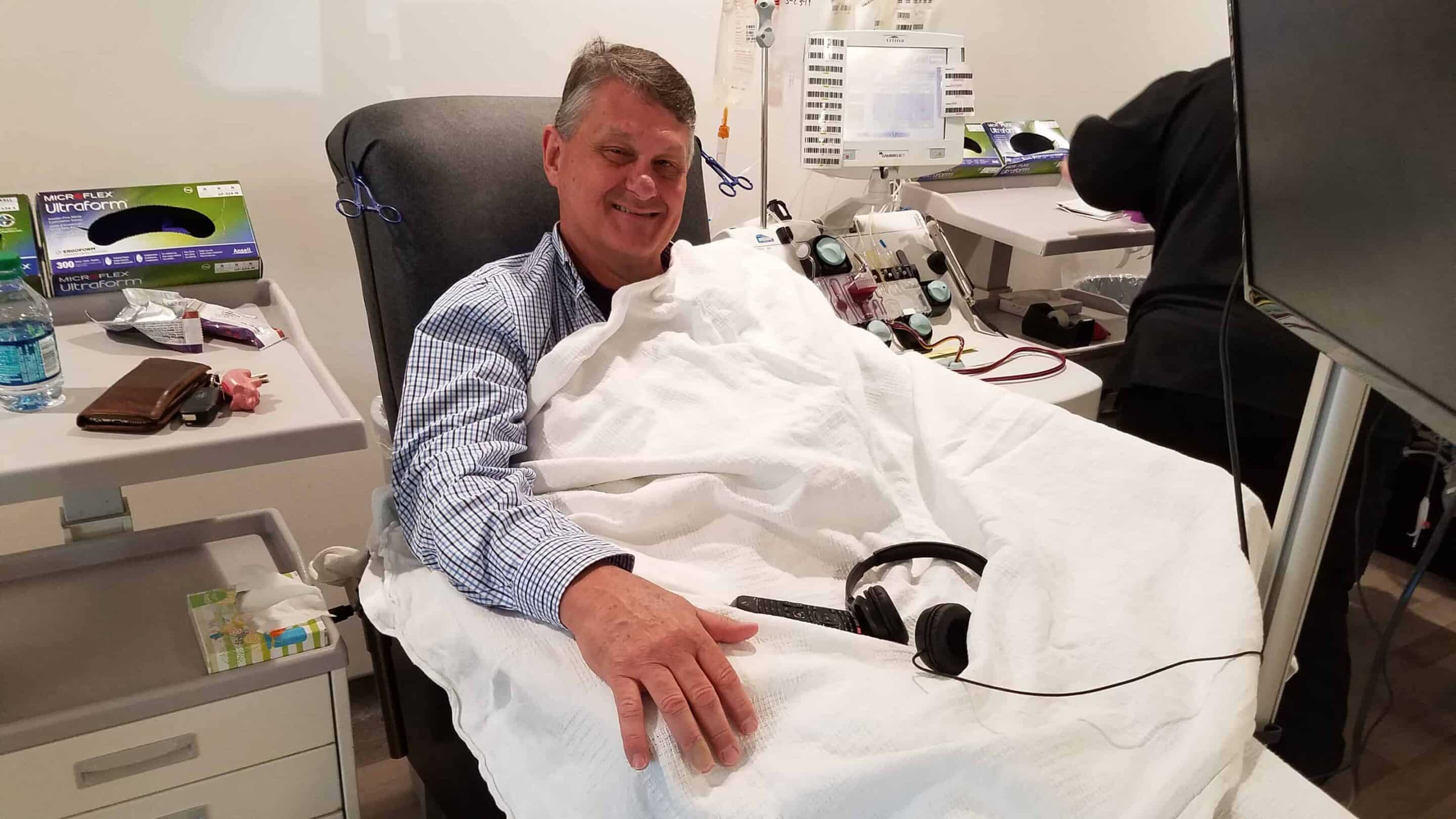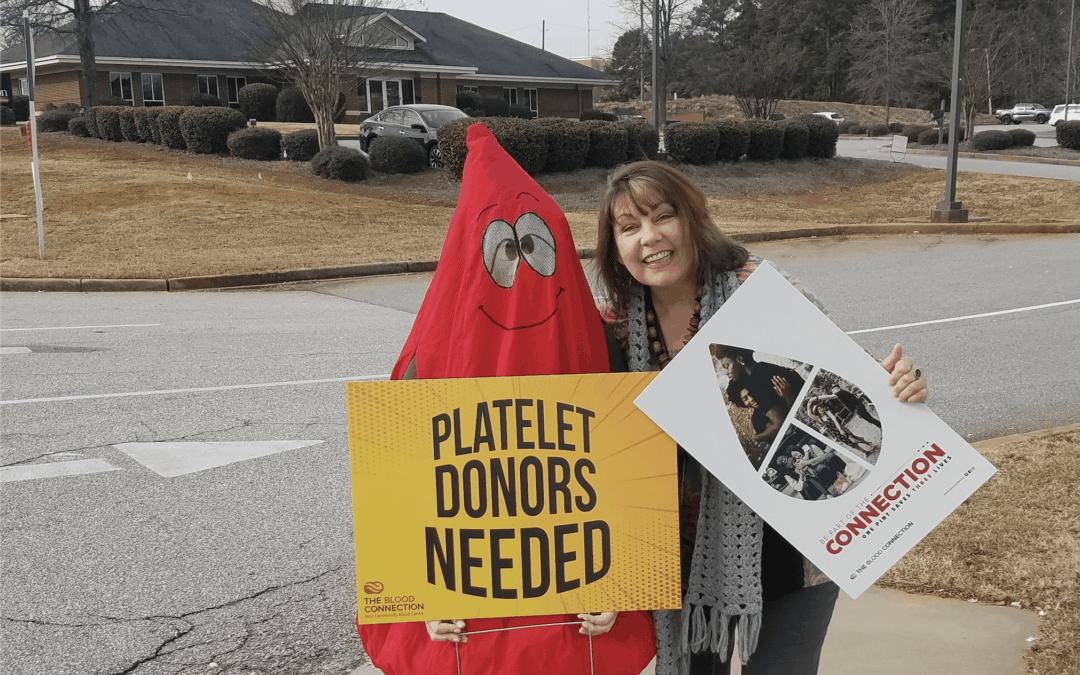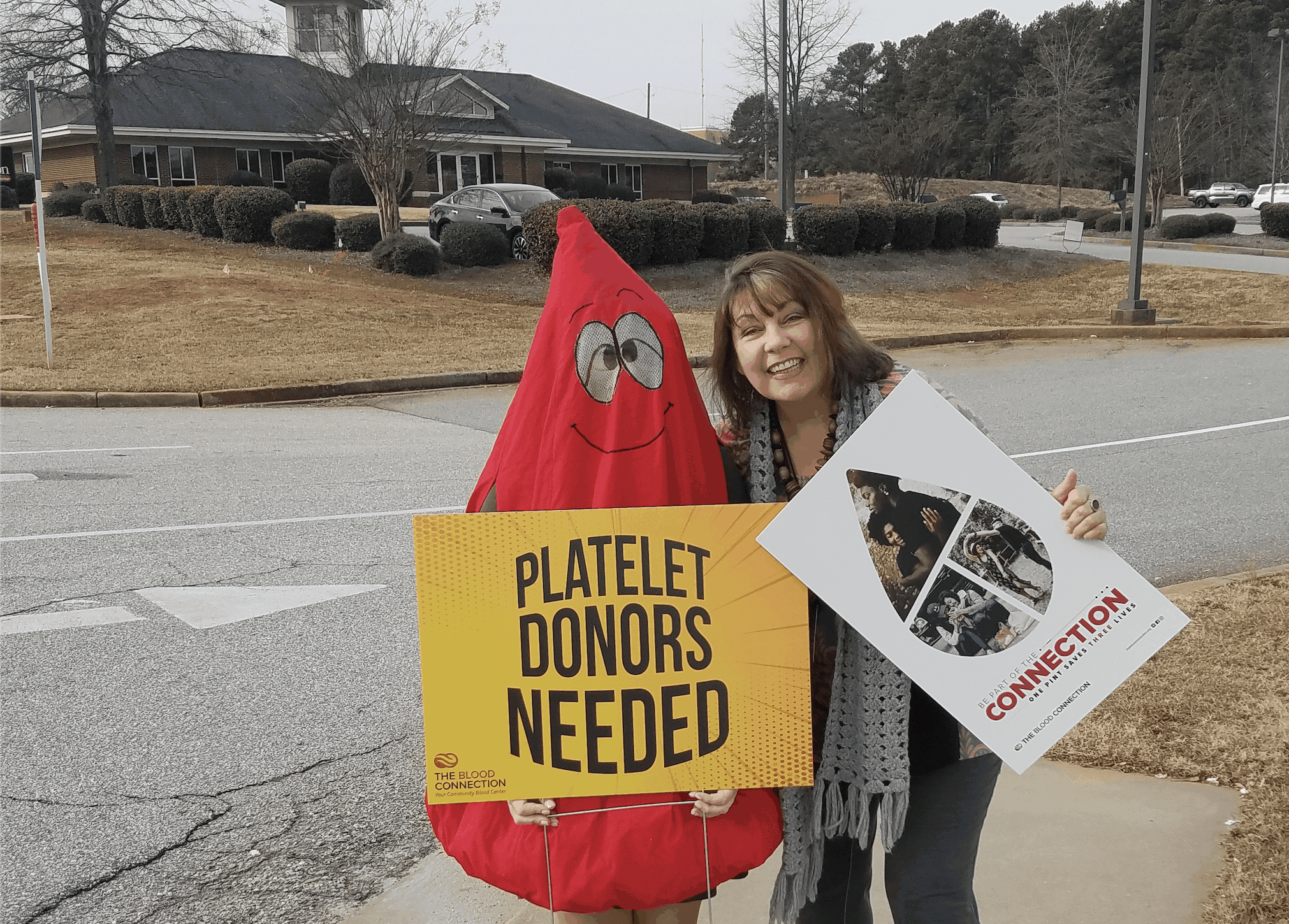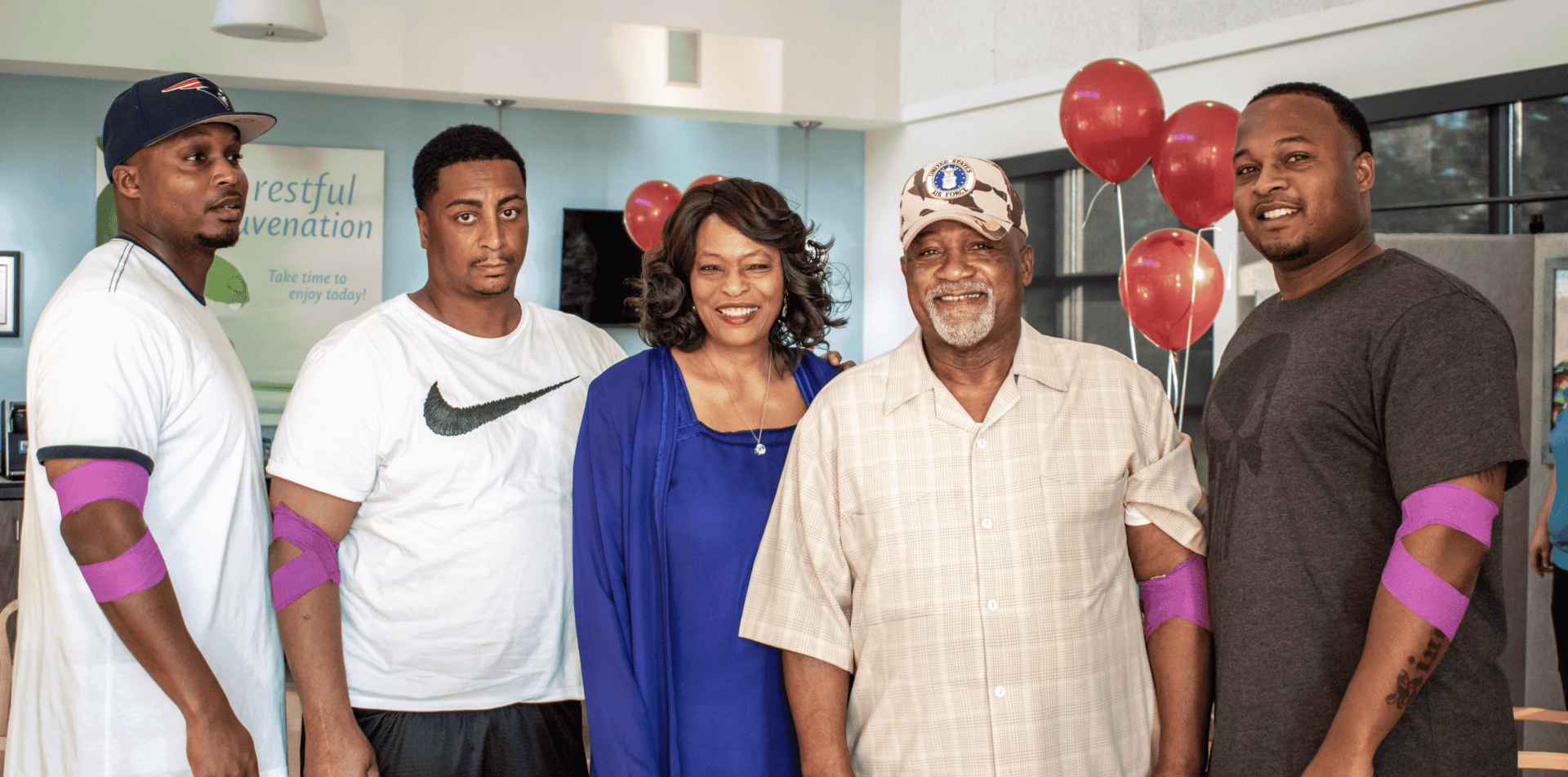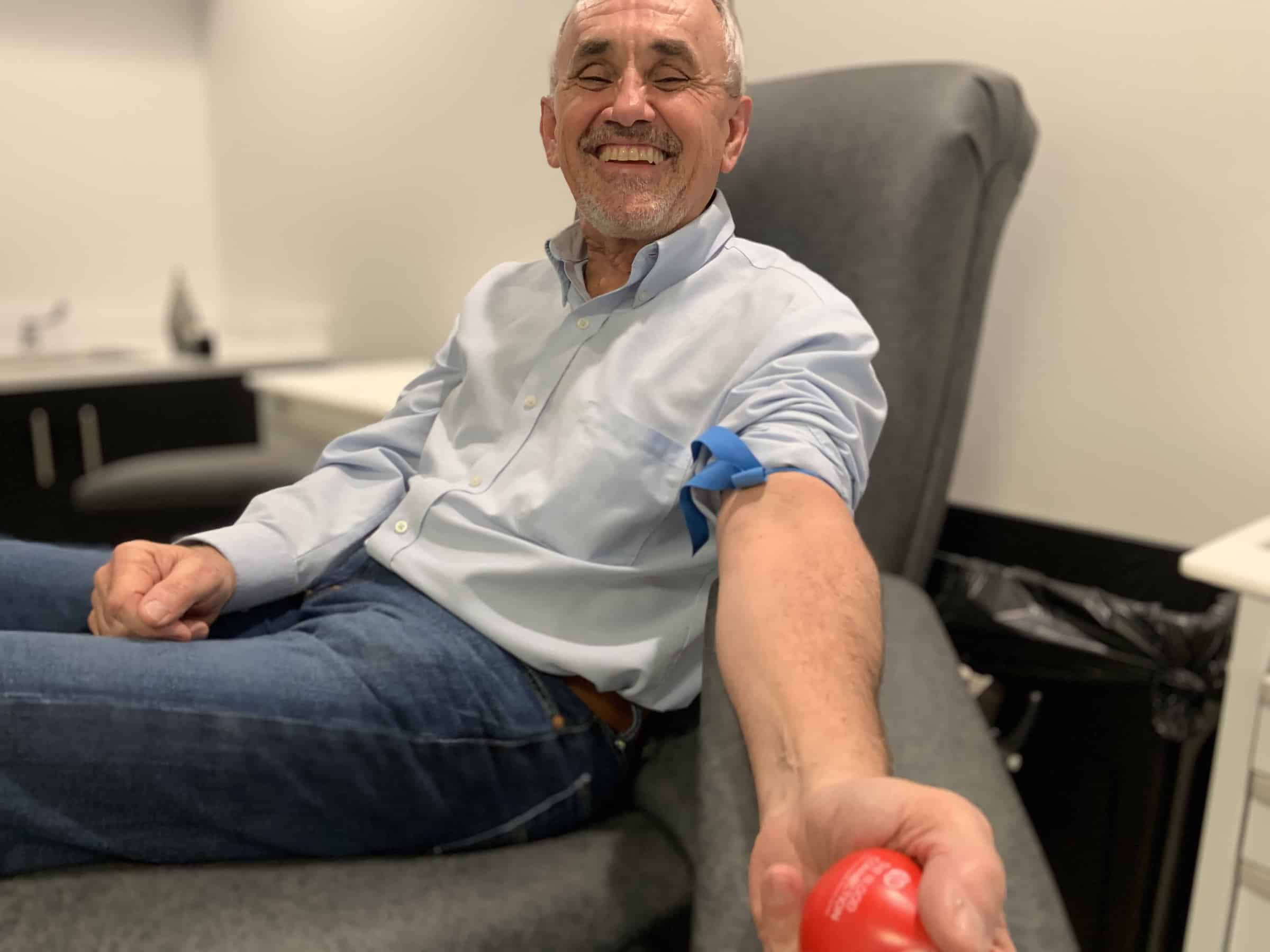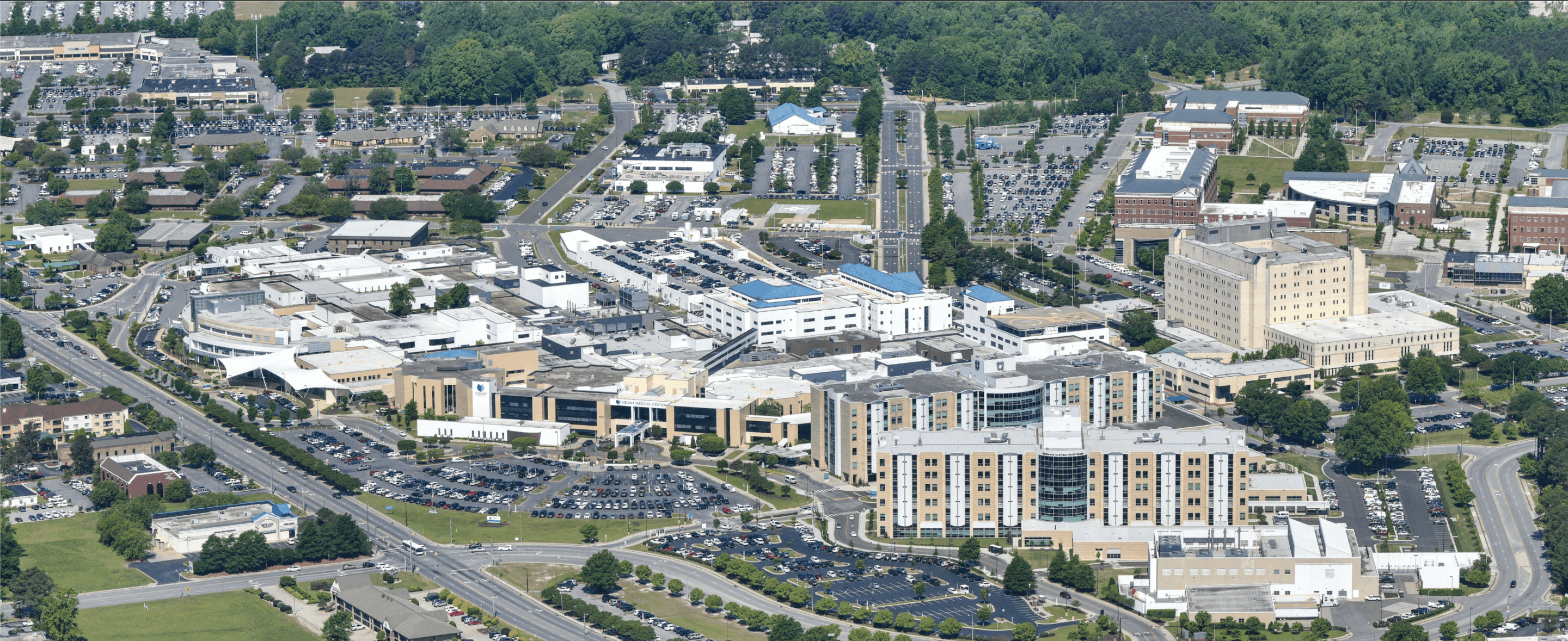More about Sickle Cell Disease
Sickle Cell Disease has many faces. They’re probably ones you see every day. When you give blood, you’re helping someone live another day. That person may have Sickle Cell Disease, a sometimes painful disease that affects oxygen levels in the blood, causing major health problems. In addition to donating blood, educating yourself about SCD could help save someone’s life too.
The Stats
- SCD is the most common inherited disease.
- It affects 100,000 Americans a year
- It affects millions of people worldwide who come from or have ancestors from the Middle East, parts of Africa, South America, Mexico, and India.
- Hispanics are the second largest population that has SCD, behind African Americans.
- 500 people who live and work in Upstate South Carolina are affected with SCD.
Those stats may surprise you. That’s why it’s especially important to know about the disease and share what you know. The CDC provides this explanation for what happens in patients with Sickle Cell Disease: “Healthy red blood cells are round, and they move through small blood vessels to carry oxygen to all parts of the body. In someone who has SCD, the red blood cells become hard and sticky and look like a C-shaped farm tool called a “sickle”. The sickle cells die early, which causes a constant shortage of red blood cells. Also, when they travel through small blood vessels, they get stuck and clog the blood flow. This can cause pain and other serious problems such infection, acute chest syndrome and stroke.”
With that being said, sickle cells carry less oxygen and block blood vessels. A blood donation from someone without the disease, can be used to increase oxygen and free blocked blood vessels in a SCD patient. Red blood cells donated by African Americans are the best for SCD patients. Because SCD patients need blood with (and without) specific components, there is a constant need for African American donors. Patients require blood transfusions to prevent organ damage and to decrease pain. Pain is the number one reason SCD patients end up in the hospital. Unfortunately, there is no single best treatment for SCD. Treatment options are different for each person depending on the symptoms. Treatments can include receiving blood transfusions, maintaining a high fluid intake (drinking 8 to 10 glasses of water each day), receiving IV therapy (fluids given into a vein) and medications to help with pain.
Having SCD makes the patient anemic, a fancy word meaning red blood cells die early and not enough are left to carry oxygen throughout the body. Having anemia may make patients feel tired and weak. Infection or enlargement of the spleen, an organ that stores red blood cells, may make anemia worse. Blood transfusions are used to treat severe anemia.
A child gets SCD when he or she receives two sickle cell genes, one from each parent. According to the CDC, more than 95% of newborns with SCD in the U.S. will live to be adults. All newborns should be screened for sickle cell, even if they look healthy. If left undetected and untreated, SCD can lead to severe health problems and even death, early in childhood. People with SCD, especially infants and children, are more likely to experience harmful infections such as flu, meningitis, and hepatitis.
Get tested
It’s important to get tested for SCD. The disease is diagnosed with a simple blood test. Trait testing is free of charge through the Louvenia D. Barksdale Sickle Cell Anemia Foundation. Greenville Healthcare System’s Comprehensive Sickle Cell Disease Program is the first in the Upstate region to provide care for sickle cell patients of all ages under the same roof.
People with sickle cell can do these things to lower their chance of difficulties from the disease:
– Get regular checkups with their doctor.
– Follow treatments prescribed by their doctor, such as taking medication called hydroxyurea.
– Prevent infections by taking simple steps including washing their hands.
– Practice healthy habits like drinking 8 to 10 glasses of water per day and eating healthy food.
Is there a cure?
Yes, but the procedure can be risky. Permanent treatment requires a bone marrow transplant, or stem cell transplant, a procedure that takes healthy stem cells from a donor and puts them into someone whose bone marrow is not working properly. These healthy stem cells cause the bone marrow to make new healthy cells. Bone marrow or stem cell transplants are very risky, and can have serious side effects, including death. For the transplant to work, the bone marrow must be a close match, which can be hard to find.
How you can help
Reading through this article, you’ve already helped by learning about SCD. People in our community need us. If you’re able to donate blood, especially if you’re African American, please do so as soon as possible. SCD patients are waiting for the right blood products to be treated. TBC helps make the connection between that patient and a blood donor, providing life-saving blood. Because SCD is genetic, there is nothing that can be done to prevent it. As a community, we can help control SCD patients’ symptoms, so they’re not defined by their disease. For the many people who have SCD, that’s a powerful, freeing feeling.


